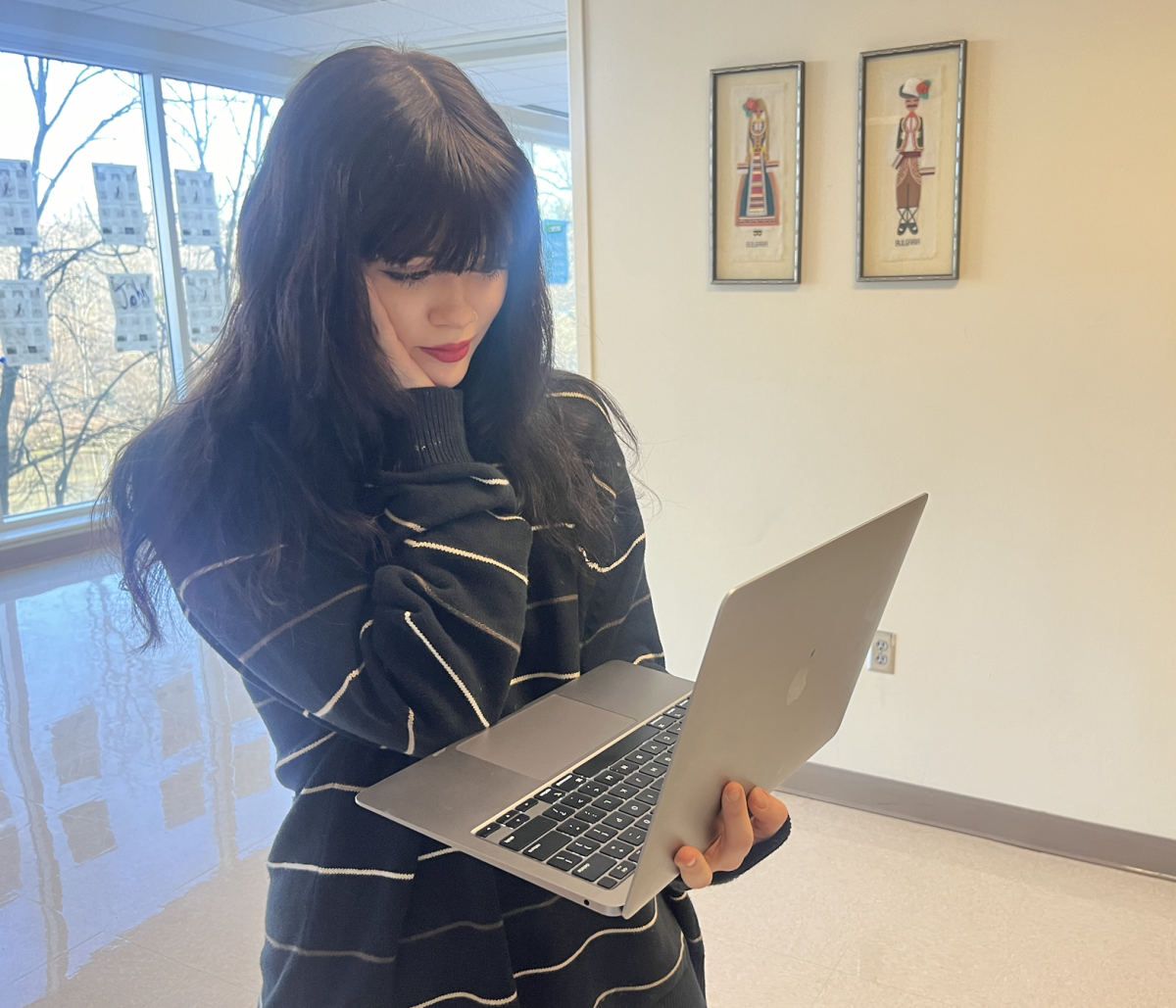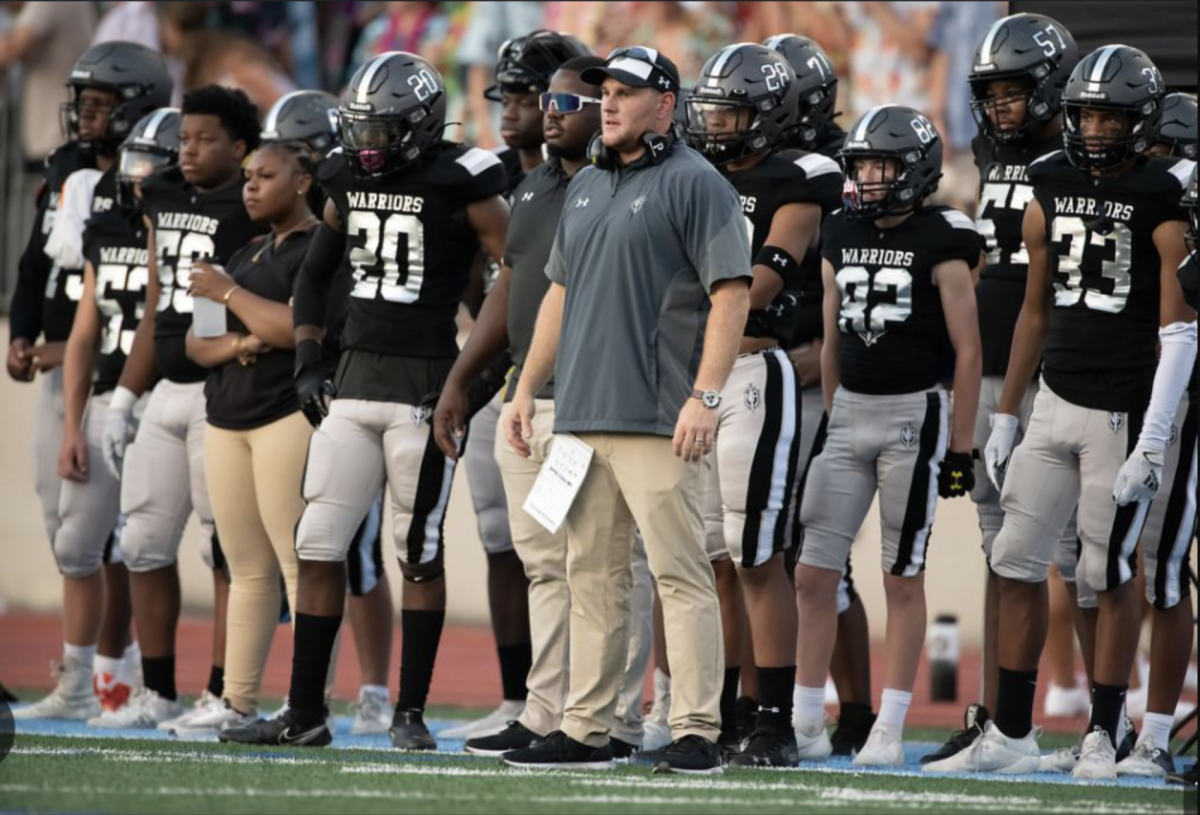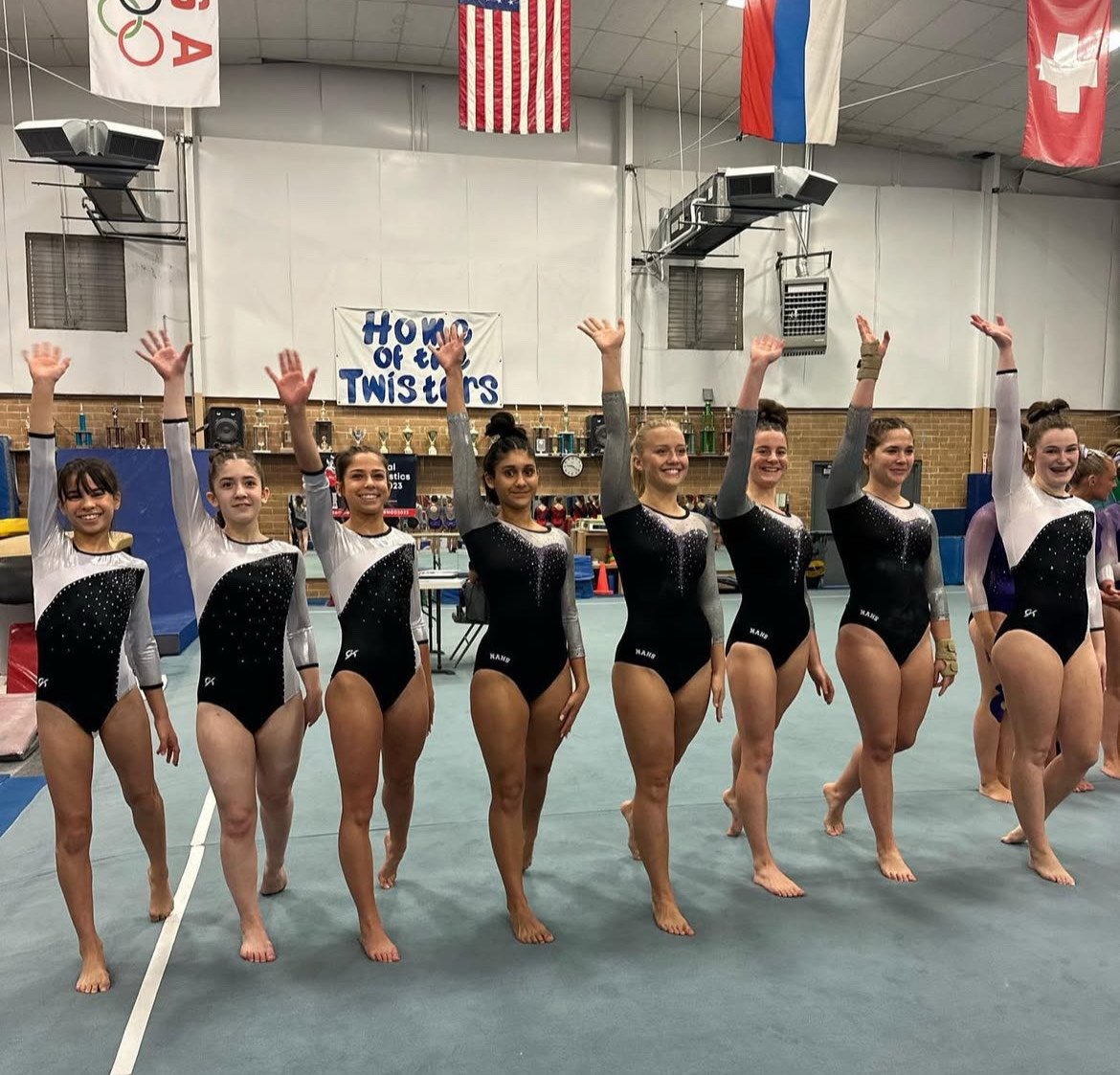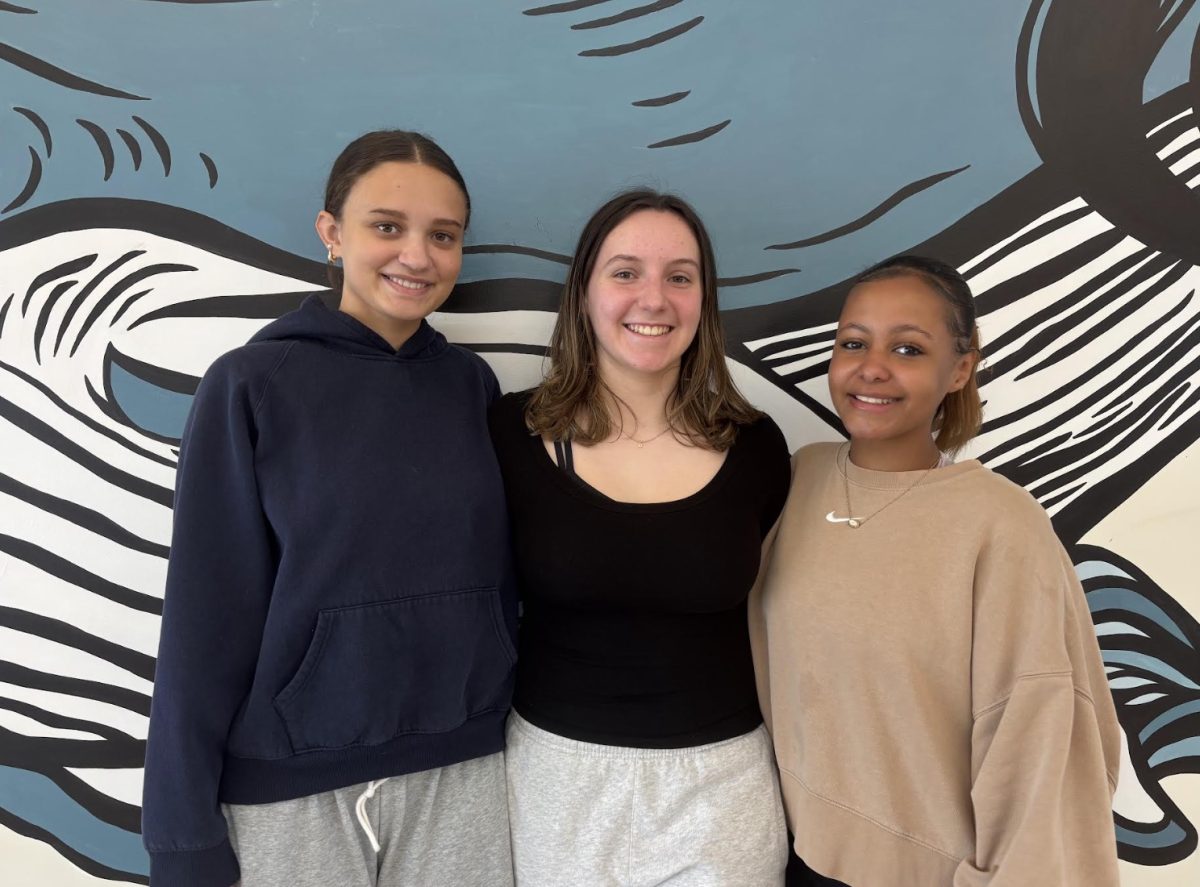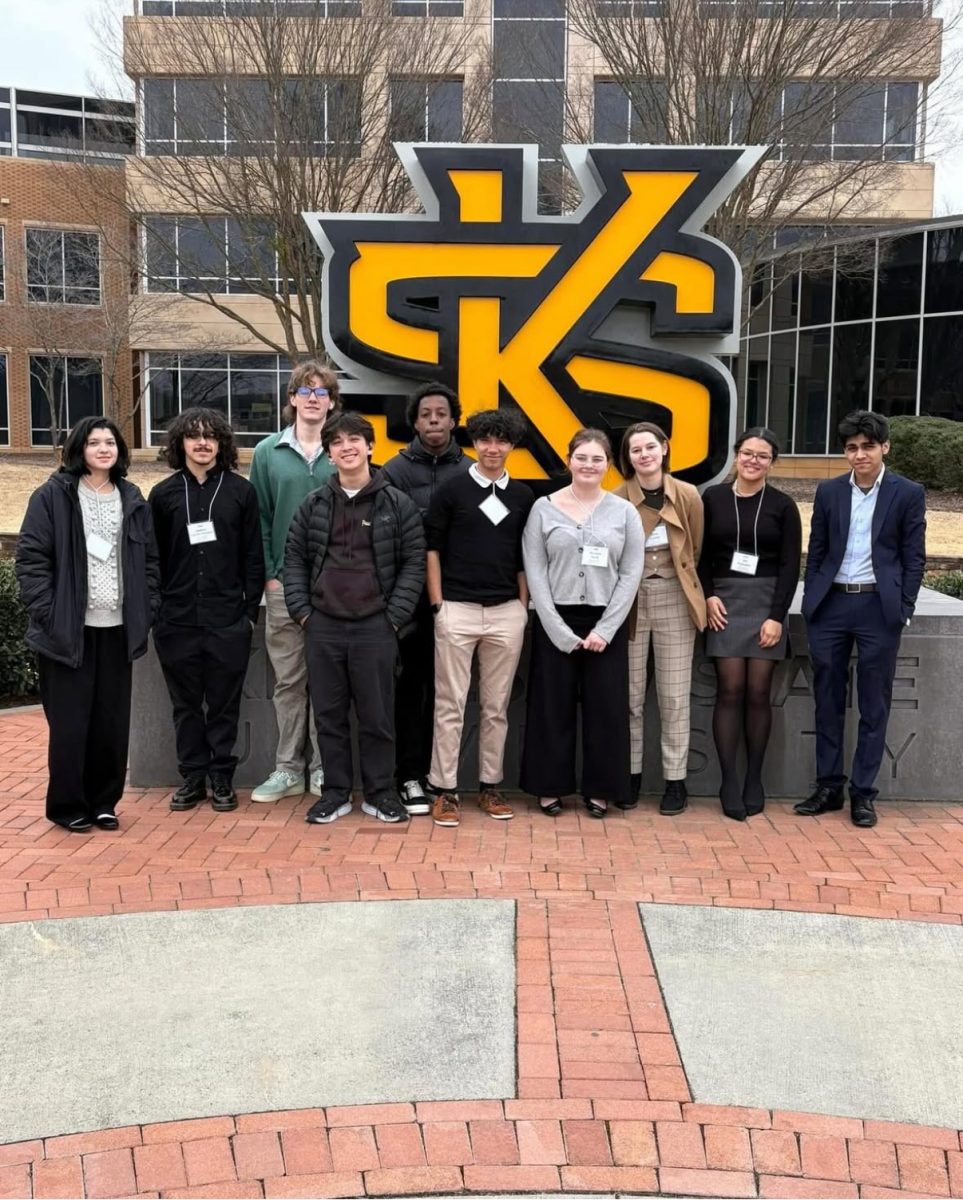When imagining my life in the aftermath of the most anticipated and highly acclaimed senior year, I’d always picture myself basking in the glory of having no responsibilities, preparing for college, and defeating the monotonous cycle of busy work that had previously plagued my life over four long years. Now that I’ve experienced the realities of both senioritis and the IB program, the aforementioned glory has sadly found itself just outside of my reach. Why doesn’t this final home stretch demand a preparation for success instead of an endurance test?
The second semester should be a time for introspection, as a platform for students to seek help with suiting up for their post-secondary endeavors, whether it be exploring passions or cultivating skills that exist beyond the confines of a typical college curriculum. By creating a balance between academic rigor and extracurriculars, high school necessitates a main takeaway of personal growth, demonstrated by skills of time management, dedication, and adaptability. Such skills I have personal experience tackling thanks to the demands of the International Baccalaureate (IB) program, but regardless of a student’s pathway, the quarter should encourage being fully equipped with all the skills to tackle adulthood.
We’ve all used the “How is [insert level of math] going to help me in my career?” argument once or twice after being puzzled by the infiniteness of high school math. Yet, the argument reigns true once students leave the eleven stories and have to apply their inconsequential mathematical knowledge to filing taxes or paying utilities. It’s a common refrain that echoes through classrooms – met with shrugs from teachers and joking grins from students. However, the significance of academic proficiency becomes miniscule once students leave the sheltered environment of school and face actual problems.
The practicality of various pathways–albeit AP, IB, or standard–transcends the borders of math and extends to the remaining subjects. It becomes evident that the time is ripe for a transformative shift in our educational approach. What preparedness can be gained when students focus on absorbing material for the sole purpose of examination rather than understanding it for real-world application? In the pursuit of academic excellence, it’s undeniable that examination-centric approaches can yield commendable results. Memorization and regurgitation of facts may secure high grades, providing a sense of accomplishment within the structured parameters of the educational system. However, the actual test lies in the ability of students to translate that knowledge into practical skills applicable to real-world scenarios.


